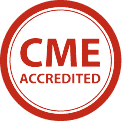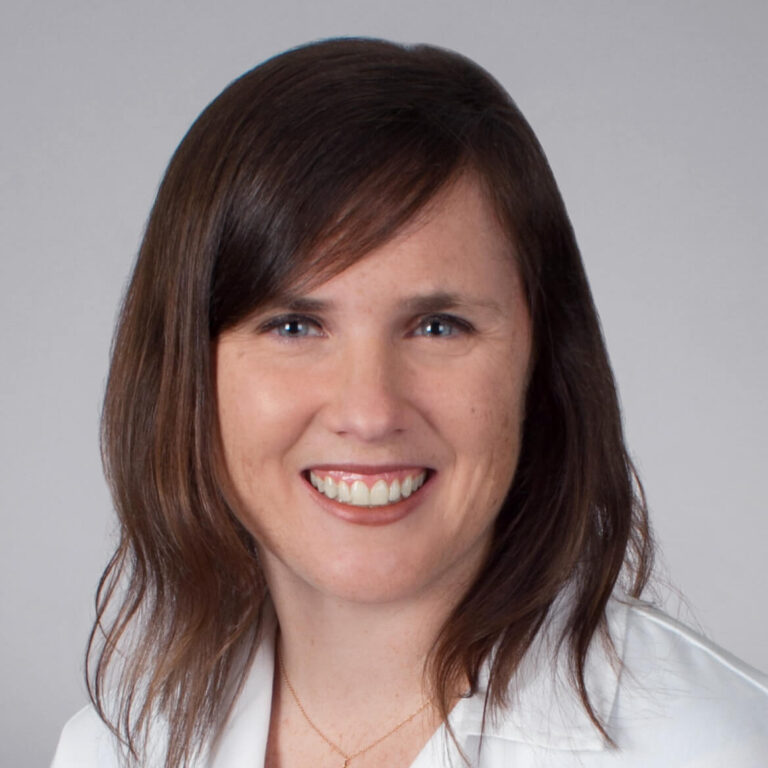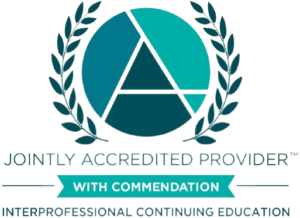Topical Hemostasis in Hospital Outpatient and Ambulatory Surgery
- For CME-accredited content, look for the badge
Overview
Bleeding complications of surgery in the hospital outpatient department and ambulatory surgery center environment are major burdens that lead to worse clinical outcomes, despite the use of careful surgical technique, or hemostats. The management of surgical hemostasis is further complicated by the expanding surgical armamentarium, with new and emerging topical hemostatic agents, each of which has a distinct mechanism of action (MOA) and applications, adding complexity to surgeons’ and other healthcare providers (HCPs) clinical decision-making when selecting appropriate and effective TH agents in a specific clinical situation. This program is aimed at improving knowledge and bridging practice gaps among surgeons regarding the proper selection, preparation, and application of TH agents in the HOPD and ASC environment.
This on-demand webcast will be available with synchronized slides and video/audio.
Release Date: May 17, 2023
Expiration Date: May 11, 2024
Estimated Time to Complete: 1.00 hour(s) / 60 minutes
Please note: Certification for CME accreditation is no longer available
This continuing medical education activity may include device or medicine brand names for participant clarity purposes only, due to the presence of different branded versions of the same product. No product promotion or recommendation should be inferred.
Course Information

- Webinar
- 60 minutes
- 1.0 AMA PRA Category 1 Credit™
Please note: Certification for CME accreditation is no longer available
Our expert panelists share their clinical insights about the use of topical hemostatic agents in the hospital outpatient department and ambulatory surgery center environments.
- Podcast
The following video podcasts are short, conversational, expert-to-expert discussions covering different perspectives on the use of topical hemostatic (TH) agents in the hospital outpatient department (HOPD) and ambulatory surgery center (ASC) environment.
- Infographic
Explore the following infographic to dive deeper into the most important considerations for bleeding management, focusing on the clinical and performance factors that should be addressed when selecting a TH agent in the HOPD and ASC environment.
Program Details
-
Faculty
-
Accreditation
-
Learning Objectives
-
Instructions
-
Funding

M. Andrew Davis, MD, FACS
Grady Health System
Atlanta, GA
Disclosures: Dr. Davis has no financial relationships to disclose.

Traci E. Ito, MD, FACOG
UCSF
San Francisco, CA
Disclosures: Dr. Ito has no financial relationships to disclose

Meghan Lewis, MD, FACS
University of Southern California
Los Angeles, CA
Disclosures: Dr. Lewis has no financial relationships to disclose
Accreditation Statement
In support of improving patient care, this activity has been planned and implemented by HMP Education and Springer Healthcare IME. HMP Education is jointly accredited by the Accreditation Council for Continuing Medical Education (ACCME), the Accreditation Council for Pharmacy Education (ACPE), and the American Nurses Credentialing Center (ANCC) to provide continuing education for the healthcare team.
HMP Education designates this webinar for a maximum of 1.0 AMA PRA Category 1 Credit™. Physicians should claim only the credit commensurate with the extent of their participation in the activity.
Valid for credit through: May 11, 2024
Disclosures
In addition to the expert faculty, Springer Healthcare IME planners and staff include Jennifer Jett, Elizabeth Samander, and Alessandra Geffner-Smith. HMP Education planners and staff include Samantha Joy and Andrea Zimmerman, EdD.
No HMP Education or Springer Healthcare IME planner or staff has disclosed a relevant financial relationship with any ineligible company (commercial interest).
All relevant financial relationships have been mitigated.

Target Audience and Activity Goal
This activity is targeted to US-based surgeons and other healthcare professionals, including but not limited to, orthopedics, neurosurgery, otolaryngology, general surgery, gynecology, urology, gastrointestinal surgery involved in performing surgical procedures in the HOPD and ASC environment.
After successful completion of this activity, participants should be better able to:
- Apply knowledge of the coagulation cascade and the various types of bleeding, including capillary, venous, and arteriolar bleeding, to the management of hemorrhaging patients in the HOPD and ASC environment
- Explain the MOAs and chemical composition of the four categories of available and emerging TH agents
- Recall the preparation and use of appropriate therapies for specialty surgery applications in the HOPD and ASC operating room environment
- List the five clinical factors and six performance factors that should be assessed when selecting effective TH agents in the HOPD and ASC environment
Instructions For Participation and Credit
There are no fees for participating in or receiving credit for this online educational activity. For information on applicability and acceptance of continuing education credit for this activity, please consult your professional licensing board.
This activity is designed to be completed within one hour; physicians should claim only those credits that reflect the time actually spent in the activity. To successfully earn credit, participants must complete the activity online during the valid credit period that is noted on the title page. To receive AMA PRA Category 1.0 Credit™ you must complete the educational activity, complete the 4-question post-test and complete the activity evaluation form. Upon completing the activity, there will be instructions on how to complete the evaluation and print a certificate or other documentation of credit.
Follow these steps to earn CME/CE credit*:
- Read about the target audience, learning objectives and author disclosures.
- Complete the pre-test.
- To successfully complete the activity, view the video presentation, then complete the online post-test by choosing the best answer to each question.
- Proceed to the evaluation and obtain your certificate.
- Your certificate will be made available immediately upon successful completion.
The activity is best supported via a computer or device with current versions of the following browsers: Mozilla Firefox, Google Chrome, or Safari. A PDF reader is required for any printed publications.
Supported by an unrestricted educational grant from Pfizer.
Please visit topicalhemostats.medicinematters.com to see more content on this topic, including a coagulation cascade animation, infographic, and two case study modules.
